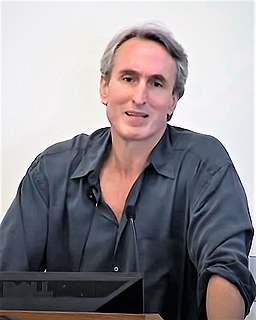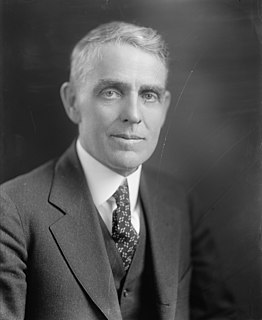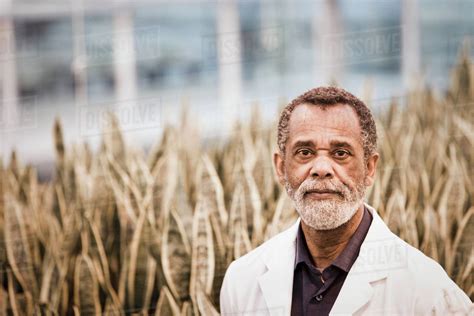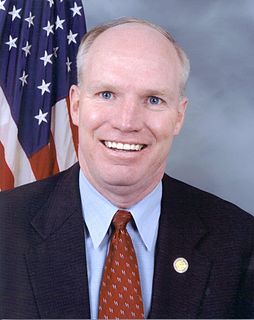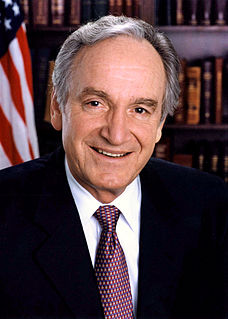A Quote by Paul Zane Pilzer
Obesity is a prison; in the US we spend more to treat type 2 diabetes each year than is spent on education.
Related Quotes
The simplest way to look at all these associations, between obesity, heart disease, type 2 diabetes, metabolic syndrome, cancer, and Alzheimer's (not to mention the other the conditions that also associate with obesity and diabetes, such as gout, asthma, and fatty liver disease), is that what makes us fat - the quality and quantity of carbohydrates we consume - also makes us sick.
In 1970, Americans spent about $6 billion on fast food; in 2000, they spent more than $110 billion. Americans now spend more money on fast food than on higher education, personal computers, computer software, or new cars. They spend more on fast food than on movies, books, magazines, newspapers, videos, and recorded music—combined.
Men, age 25 to 55, the labor-force participation rate is down 10%. That's unbelievable. There are 35,000 dying of opioids every year. Seventy percent of kids age 17 to 24 can't get into the US military because of health or education. Obesity, diabetes, reading and writing. Is that the society we wanted? No. We should be working on these things, acknowledge the flaws we have, and come up with solutions. Not Democrat. Not Republican. Not knee-jerk.
When I went to medical school, I was taught about two basic kinds of diabetes: juvenile onset and adult onset. From the time I did my training in medical school to the end of my residency we were already seeing the transformation of adult onset diabetes into Type II, which is what we call it now, which from my perspective is a euphemism we have draped over this condition to conceal the fact that what was a chronic disease in midlife is now epidemic in children. Frankly, Type II diabetes in a seven year old is adult onset diabetes. We just don't want to confront that unpleasant fact.
In the 10 cities with the nation's highest obesity rates, the direct costs connected with obesity and obesity-related diseases are roughly $50 million per 100,000 residents. And if these 10 cities just cut their obesity rates down to the national average, all added up they combine to save nearly $500 million in healthcare costs each year.


